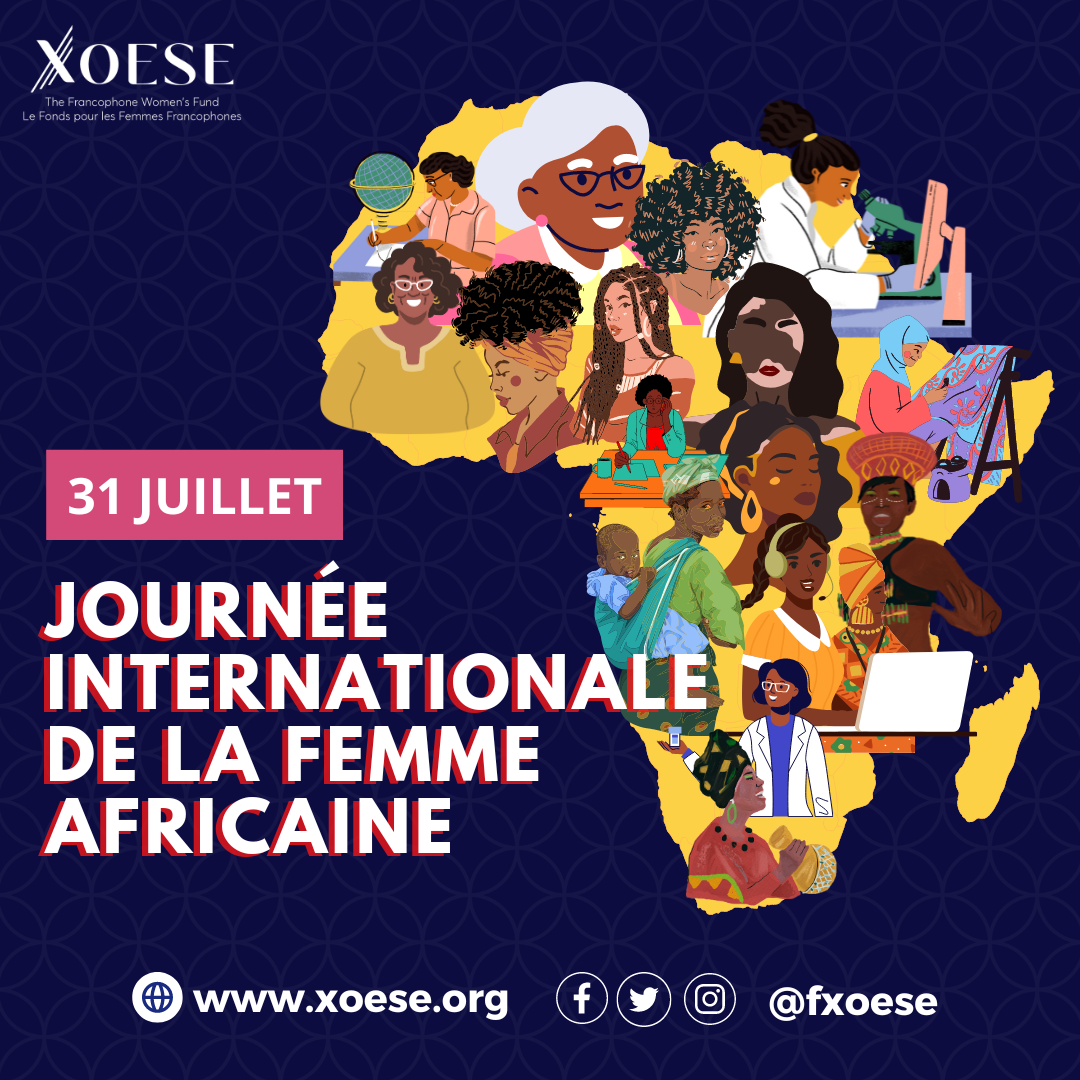International African Women’s Day, abbreviated to IWAD, is an annual event that provides an opportunity to take stock of developments in women’s rights and gender equality in Africa. It is an opportunity to identify new perspectives, inform, raise awareness, highlight the achievements, challenges, and contributions of African women in relation to women’s rights, and advocate for the strengthening of measures taken by governments in favour of women’s empowerment. Thanks to this day, women’s rights in Africa have improved significantly, and several African states have put in place instruments to provide definite protection for women.
Despite the fact that it is celebrated every year in several countries on the continent, JIFA remains little known to the general public. On the occasion of the 2023 edition of International African Women’s Day, the XOESE Fund has decided to take a step back in time to tell you about the origins of this day, and share how it is celebrated by feminist organisations and activists. Finally, we will focus on the XOESE Fund’s interest in IWD.
History of International African Women’s Day (IAWD)
International African Women’s Day has existed since 1974 and was initiated by Aoua Keïta, a Malian activist and politician. She was a leading figure in independence, trade unionism and feminism in Mali. JIFA is held every year on July 31 in commemoration of July 31, 1962, the date on which women from across the African continent came together for the first time to create the very first organisation dedicated to African women: the Pan-African Women’s Organisation. The aim of these women was, despite their ethnic and linguistic differences, to join forces and work together around a common ideal, namely to contribute to a significant improvement in the living conditions of African women and to their emancipation. Following the meeting of African women in Dar Es Salaam, Tanzania, JIFA was promulgated by the United Nations in 1962 before being officially recognised on July 31, 1974, at the first Congress of the Pan-African Women’s Organisation held in Senegal.
How do women and activist organisations celebrate IWAD?
Feminist organisations and women’s rights activists in Africa make a point of celebrating International African Women’s Day. For them, this day is an opportunity to take stock of women’s rights in Africa, to rethink actions for better protection and promotion of African women’s rights, and to act at all levels for their emancipation. Women are constantly mobilising to assert their rights and make their contribution to the implementation of all strategies designed to empower them and consolidate equality between them and men.
This is illustrated by the various activities and events held every year on July 31 throughout Africa to educate, discuss, and raise awareness among African women of their worth.
Some French-speaking African women who have fought for gender equality
- Aoua Keïta (Mali): Aoua Keïta was a leading campaigner for women’s rights in Mali and was the first woman elected to the country’s legislative assembly.
- Aminata Dramane Traoré (Mali): Aminata Dramane Traoré is an author, activist, and former minister from Mali. She is a strong voice for social justice, women’s rights, and the economic empowerment of rural women.
- Monique Ilboudo (Burkina Faso): Monique Ilboudo is a feminist activist and writer from Burkina Faso. Her writings and commitment have helped to highlight the challenges facing women in Burkina Faso society.
- Aïssatou Sow Sidibé (Senegal): Aïssatou Sow Sidibé was a pioneer of politics in Senegal and was the first woman to be elected to the Senegalese Parliament in 1978.
- Gisèle Rabesahala (Madagascar): Gisèle Rabesahala was the first woman lawyer in Madagascar and a passionate defender of women’s and children’s rights.
- Awa Thiam (Senegal): Awa Thiam was a Senegalese sociologist, feminist, and writer. Her work has helped shed light on gender inequalities in French-speaking Africa and has inspired many generations of feminists.
- Ndèye Coumba Mbengue (Senegal): Ndèye Coumba Mbengue was a leading figure in the women’s movement in Senegal. She was an ardent defender of gender equality and women’s empowerment.
Why does the XOESE Fund have a JIFA programme?
XOESE, the Francophone Women’s Fund, is based in Lomé, Togo, and its mission is to mobilise financial, material, and human resources for reinvestment in initiatives by women’s and young women’s activists and organisations to advance the rights of women, young women, and girls. So it was only logical for XOESE to pay special attention to the celebration of JIFA. According to Pauline Seguelas, head of the XOESE Fund’s grants and resource mobilisation program, “Many African associations celebrate 8 March, International Women’s Rights Day, but few are aware of International African Women’s Day. And yet the IWD was created precisely for African women. XOESE works mainly in Africa, and we thought it was important for African women to know about this day”.
Since 2022, the XOESE fund has initiated a JIFA program that provides selected feminist organisations with small grants to carry out impactful and innovative projects relating to the day and the specific theme chosen for the celebration.
In 2022, XOESE’s JIFA program funded seven (7) projects in Burkina Faso, Congo, Cameroon, Chad, and Senegal. This year too, other projects will benefit from this grant to carry out activities highlighting the achievements, challenges, and contributions of African women on the occasion of JIFA 2023.

